DW Legacy Design®
Philosophy
DW Legacy Design® represents our commitment to design projects that outlast us and contribute to a healthier world. Doing this requires designs that are environmentally sensitive, community supported, economically viable, and artfully executed. These categories define a sustainable project and help our clients and team frame their vision. This approach ensures that our projects reflect the critical issues facing the built environment and deliver measurable benefits. It is the foundation of the firm’s workshop culture and the defining process of our practice.
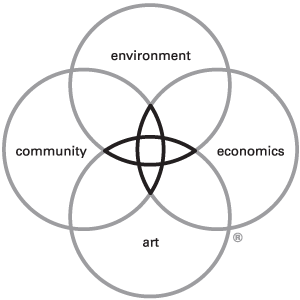
We start by asking the hard questions. Then we test and measure outcomes to yield robust designs.
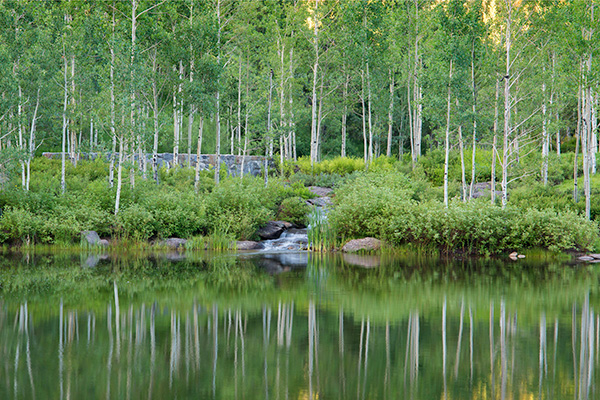
Environment
How does the design integrate natural systems and protect fragile ecosystems? How we source materials sustainably? How can we design for responsible water use?
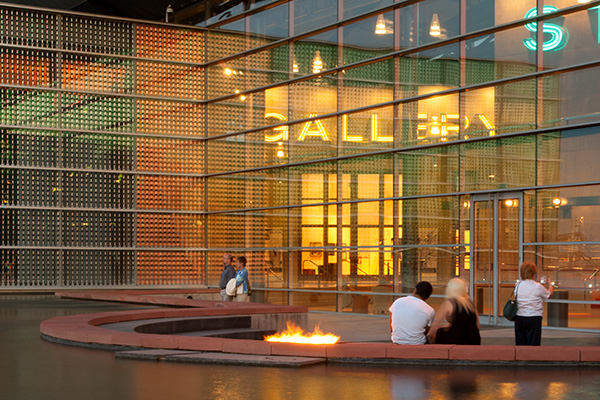
Economics
How do we align the design with the maintenance capacity to sustain multiple generations? How does the design consider market reality and return on investment? How can the project invigorate the local economy?
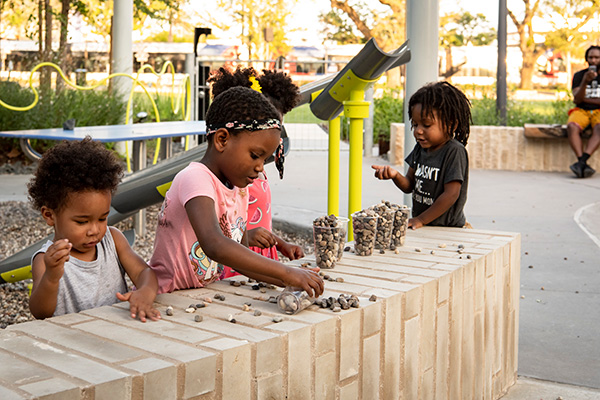
Community
How will this project foster authentic relationships among neighbors, districts and cities? How do we engage the community in the process to promote buy-in and build trust? How does this project help the most vulnerable populations?
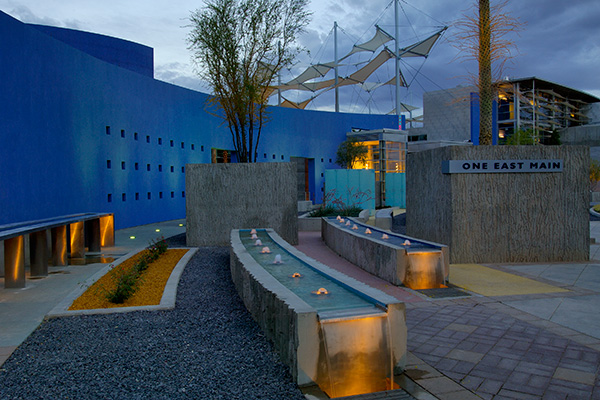
Art
How will the project add culture and delight to its community? How can we enhance the site’s assets to reach its full potential? How can designing places of timeless beauty boost economic value and inspire social connections?
Landscape Performance
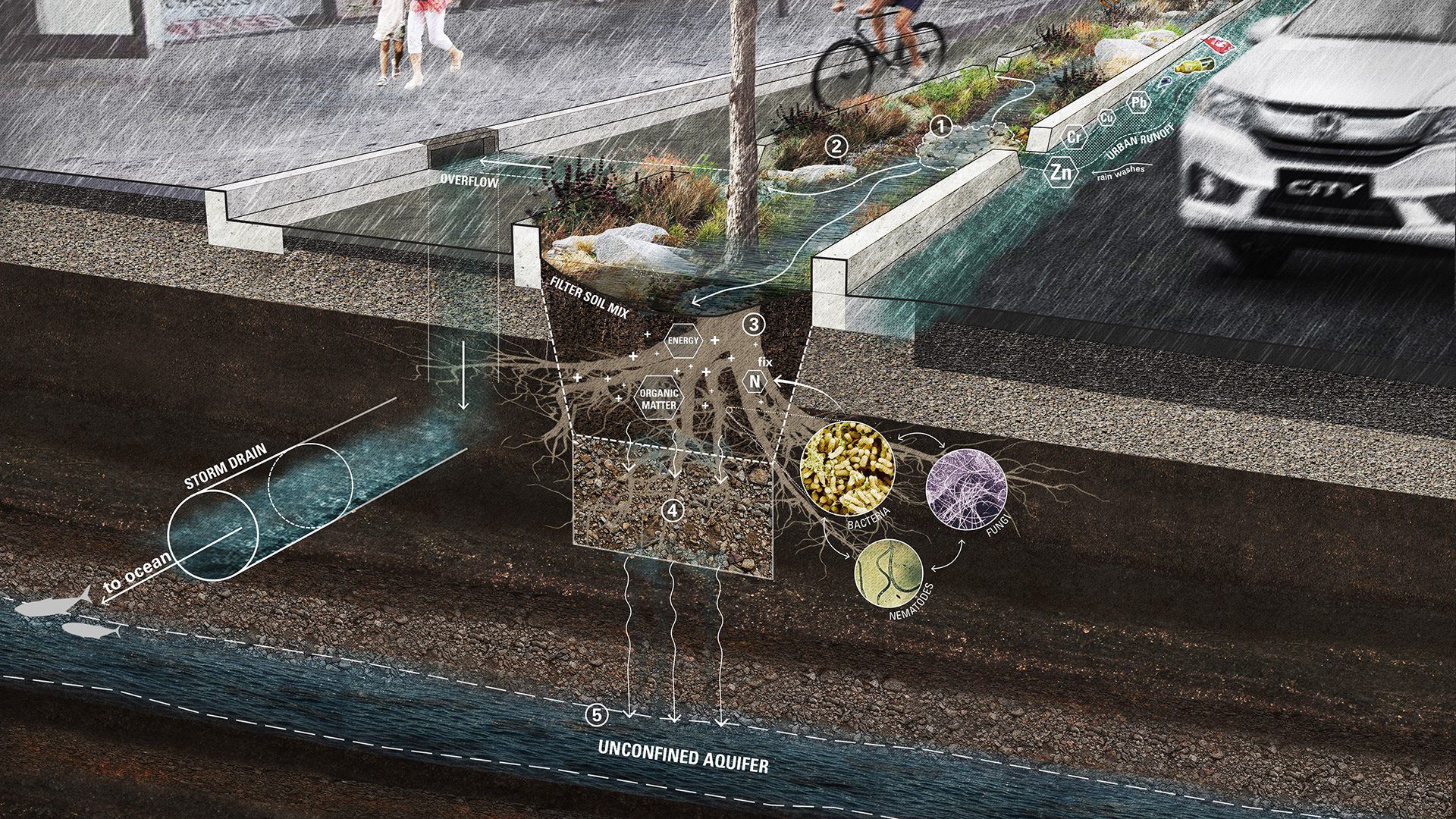
Design Workshop is a recognized leader in evidence-based design. Our DW Legacy Design® methodology develops a sustainable plan for each project that balances economic, social, environmental, and artistic goals and empirically measures the benefits. As designs are iterated and alternatives emerge, they are assessed against the goals to evaluate which proposal will result in the greatest impact and value for our clients.
Case Studies
Many of our projects have been the subject of case studies with various institutions including the Landscape Architecture Foundation’s (LAF) Landscape Performance Series. This online collection of over 150 landscape architecture case studies provides examples of sustainable design best practices and proven outcomes.

Learning
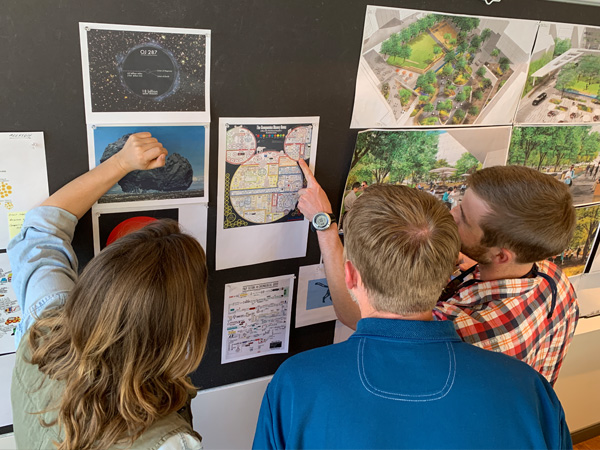
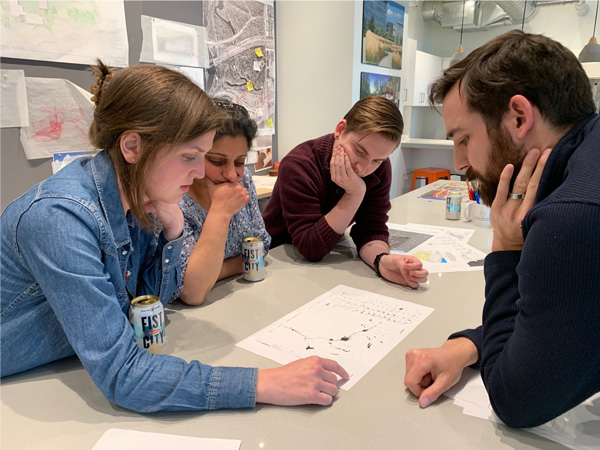
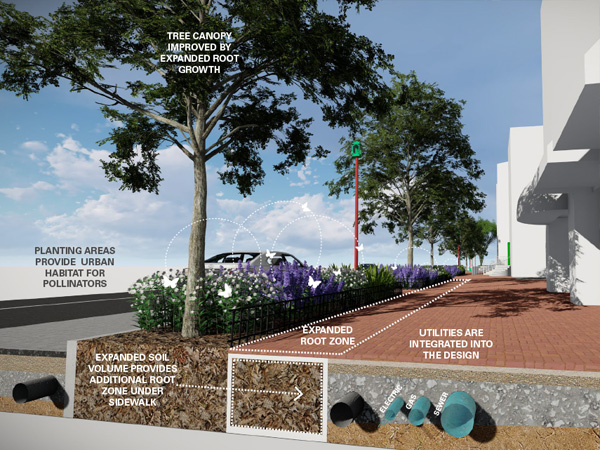
Design Workshop values continuous learning and advancing our professional expertise. We conduct design symposia and other educational programs to expose ourselves to new ideas and bring greater value to our clients. This allows us to do the work that matters, the work that makes a difference, and the work that contributes to the well-being of society and the planet.
Educational Sessions
Understanding Economic Value—and the Role of Districts, Parks and Public Space
The Impacts of Recreation Trends on Forest Management and Community Health
Building Great Streets: Performance Measures that Matter
Conceptualizing and Crafting the Nighttime Environment
Ecology in Urban Design | Urban Design in Ecology
Structural Soils for Sustainable Planning and Design
The Art & Science of Designing Native Meadows
Designing for Health
Stormwater Management Approaches
Phytotechnologies: Plant-based methods of cleansing polluted landscapes
Accessibility in the National Park Service
Phytoforensics: Pollution Investigations and Performance Monitoring
Why Public Art?
The Sustainable Sites Initiative
Urban Street Trees: Critical Things to Provide for a Tree and its Design Impact
Accessibility in the National Park Service
Urban Forestry - Insights on Tree Canopy as a Critical Element of Livable Communities
Guest Expert Learning Session: Expanding Your Presence Beyond Inclusion: Design for an Interdependent Future – Sara Hendren
Guest Expert Learning Session: Urban Forestry: Insights on Tree Canopy as a Critical Element of Livable Communities – Rachel Comte
Guest Expert Learning Session: Writing for Design Professionals – Lake Douglas
Violence and Green Space: Wellbeing through Urban Design
CPTED: Past, Present and Future
Phytoremediation: New Perspectives and Methods
Promoting a Public Health Paradigm Shift with Landscapes Planned and Designed to Support Mental Health and Wellbeing
Implementing Green Infrastructure: Weaving natural processes into urban streets through a green infrastructure continuum
Planning and Designing Communities with Agrihoods—A Citizen Farmer's Guide for Landscape Architects and Planners
The Critical Value of Cost Estimating: Lessons for Designers and Planners
Monitoring Air Pollution in the Urban Context
Street Design in an Age of Autonomous and Connected Vehicles
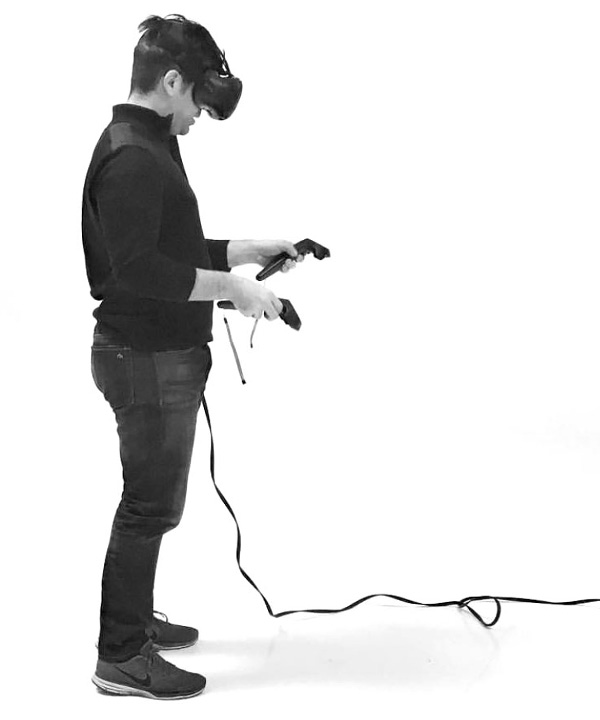
University Partnerships
Design Workshop maintains close ties to design programs and faculty at numerous universities. We host a Faculty Research Partner Program in which a professor embeds in the firm to observe our practice and inform his or her teaching. Interacting with a faculty member allows us to learn directly from an expert. View this PDF for inquiries and the program application.
We also partner with universities in Design Weeks to foster interactions among students, practitioners, and professors focused on a design challenge. We conduct collaborative workshops to expose students to the approach and thinking of practitioners.
Faculty Research Partners
Linda Samuels
Associate Professor of Urban Design, Sam Fox School of Design & Visual Arts at Washington University in St. Louis
Infrastructural Optimism: Testing Next Generation Criteria in Design Practice
Sean Michael
Professor, Landscape Architecture and Environmental Planning Department, Utah State University
The Business of Design Practice
Baldev Lamba
Associate Professor of Landscape Architecture, Temple University
Landscape Architecture + Ecological Restoration: Informed by Science, Shaped by Design
Carter Crawford
Lecturer, University of Colorado Denver, College of Architecture and Planning
Professional Identity in Design Practice
Lake Douglas
Professor, Associate Dean of Research and Development
Robert Reich School of Landscape Architecture
Louisiana State University College of Art and Design
Writing for Design Professionals
Les Smith
Professor Emeritus, Ball State University
Integrating Art and Design Practice
Bruce Ferguson
Professor Emeritus, University of Georgia
Stormwater Management
Marguerite Koepke
Professor Emeritus, University of Georgia
Planting Design